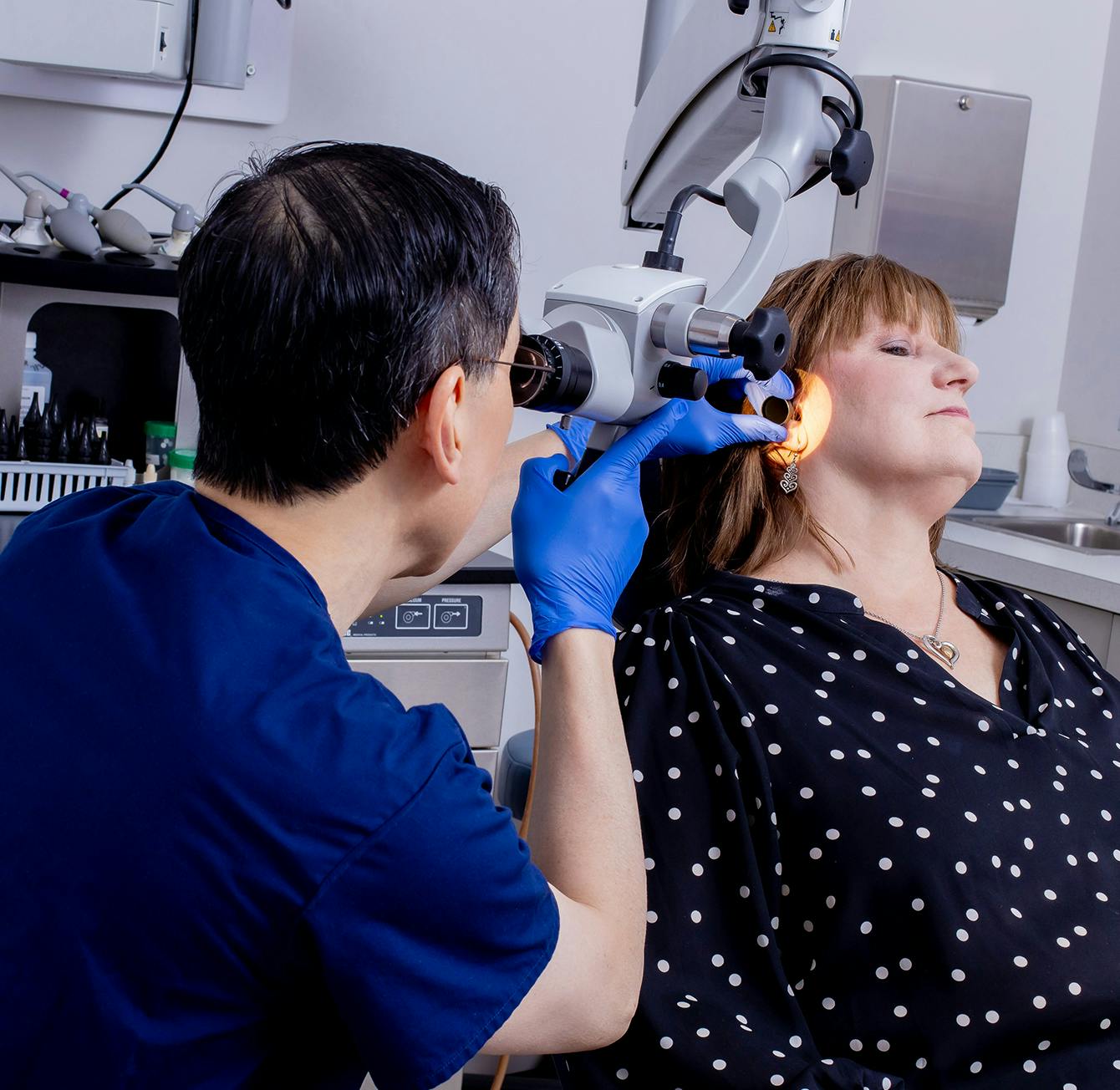What is Endolymphatic Hydrops? Endolymphatic hydrops is a condition in which the fluid balance in the inner ear is disturbed. This can occur as a result of inner ear inflammation, trauma, or for unclear reasons. Endolymphatic hydrops resulting from unclear reasons is called Meniere’s disease.

What is the Evaluation Process?
Patients with dizziness and hearing loss undergo a full ear, nose and throat evaluation. In addition, they may be given a hearing test to produce an audiogram, a balance (vestibular) test such as an ENG or VEMP or image test such as a MRI or CT scan. Based on the medical evaluation, the treatment options for the dizziness and hearing loss will be presented to you.



